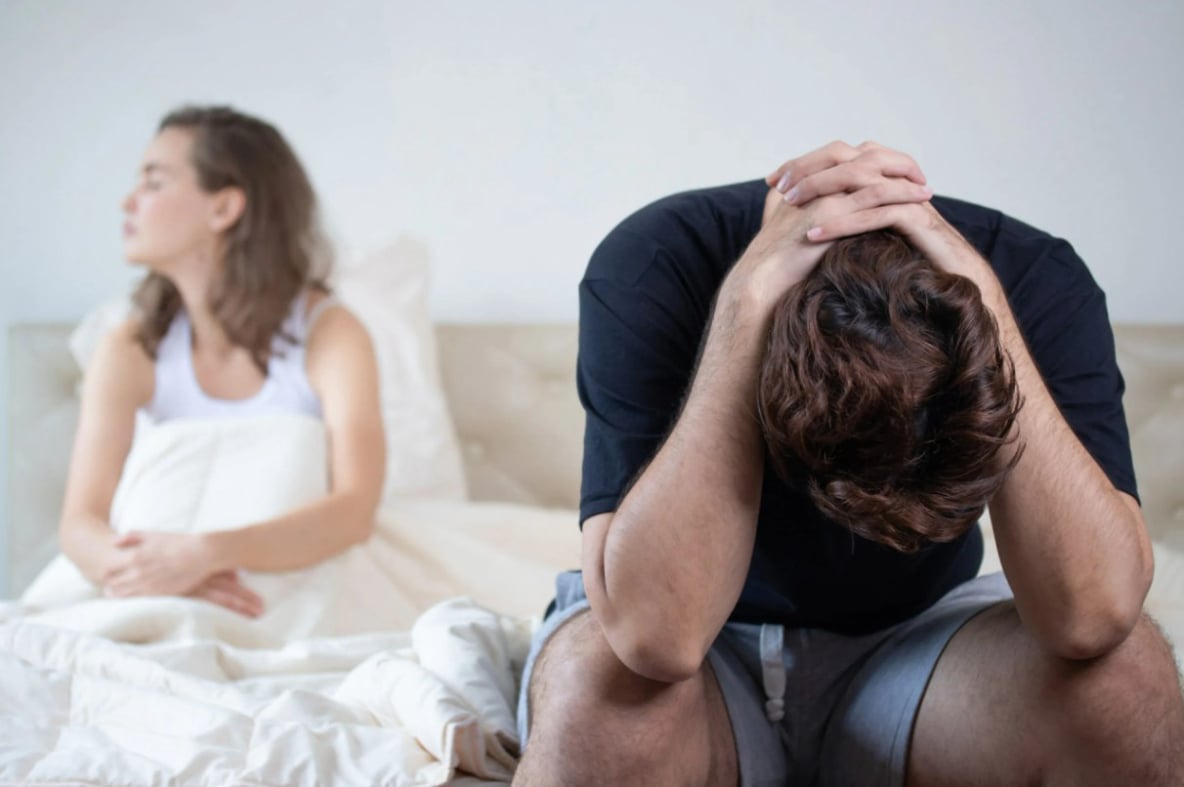Understanding Low Desire: The Mind-Body Connection in Men's Sexual Health
Low desire, or decreased libido, is one of the most frequent yet misunderstood concerns in men's health. Society often portrays male sexuality as a simple, always-present drive, making it difficult for men to acknowledge when that drive diminishes. The reality is that sexual desire is not a standalone switch; it is a complex outcome of a delicate dance between your psychological state and your physical health. Understanding this intricate mind-body connection is fundamental to identifying the root cause and finding a path forward, moving beyond blame and frustration.
On the physical side, a number of biological factors can directly dampen libido. Hormonal imbalances, particularly Low Testosterone, are a primary culprit. However, other conditions like thyroid disorders, elevated prolactin levels, or cardiovascular disease that affects blood flow can play a significant role. Furthermore, many commonly prescribed medications for blood pressure, depression, or anxiety list reduced libido as a potential side effect. Even lifestyle factors—such as chronic sleep deprivation, excessive alcohol consumption, or the use of certain substances—can have a profound suppressive effect on your sexual drive.
The psychological component is equally powerful and often intertwined with the physical. The brain is the body's most important sexual organ, and when it is burdened by chronic stress, anxiety, or depression, the desire for sex can be one of the first things to fade. Stress floods the body with cortisol, a hormone that directly interferes with testosterone production and sexual response. Performance anxiety can create a vicious cycle where the fear of sexual failure itself becomes a barrier to desire. Relationship issues, unresolved conflicts, and poor communication with a partner are also major psychological contributors to low libido.
Often, the most challenging cases are those where the mind and body are both involved. For instance, a man might start with a mild physical issue, such as delayed erection, which then triggers anxiety about his performance. This anxiety then further suppresses his libido, making the physical issue worse and creating a self-perpetuating cycle of avoidance and distress. Untangling this knot requires a holistic approach that addresses both sides of the equation simultaneously, rather than looking for a single, simple cause.
Addressing low desire effectively begins with a comprehensive and compassionate medical consultation. A specialist like Dr. Deyton will conduct a thorough evaluation, which includes a detailed medical history, a discussion of lifestyle and stress factors, a physical examination, and targeted blood tests to check hormone levels and overall health. Crucially, this process will also involve a candid conversation about your mental well-being, relationship dynamics, and any life stressors, as these are considered essential diagnostic information, not separate issues.
The treatment plan is as multifaceted as the condition itself. If a clear physical cause like Low T is identified, hormone optimization therapy may be recommended. If a medication is the suspect, your doctor may work with you to adjust the dosage or find an alternative. Simultaneously, addressing the psychological aspects is key. This may involve stress-management techniques, individual therapy, or couples counseling to improve relationship intimacy. The goal is to create a personalized strategy that restores balance to both the body and the mind, reigniting desire by treating the whole person.
